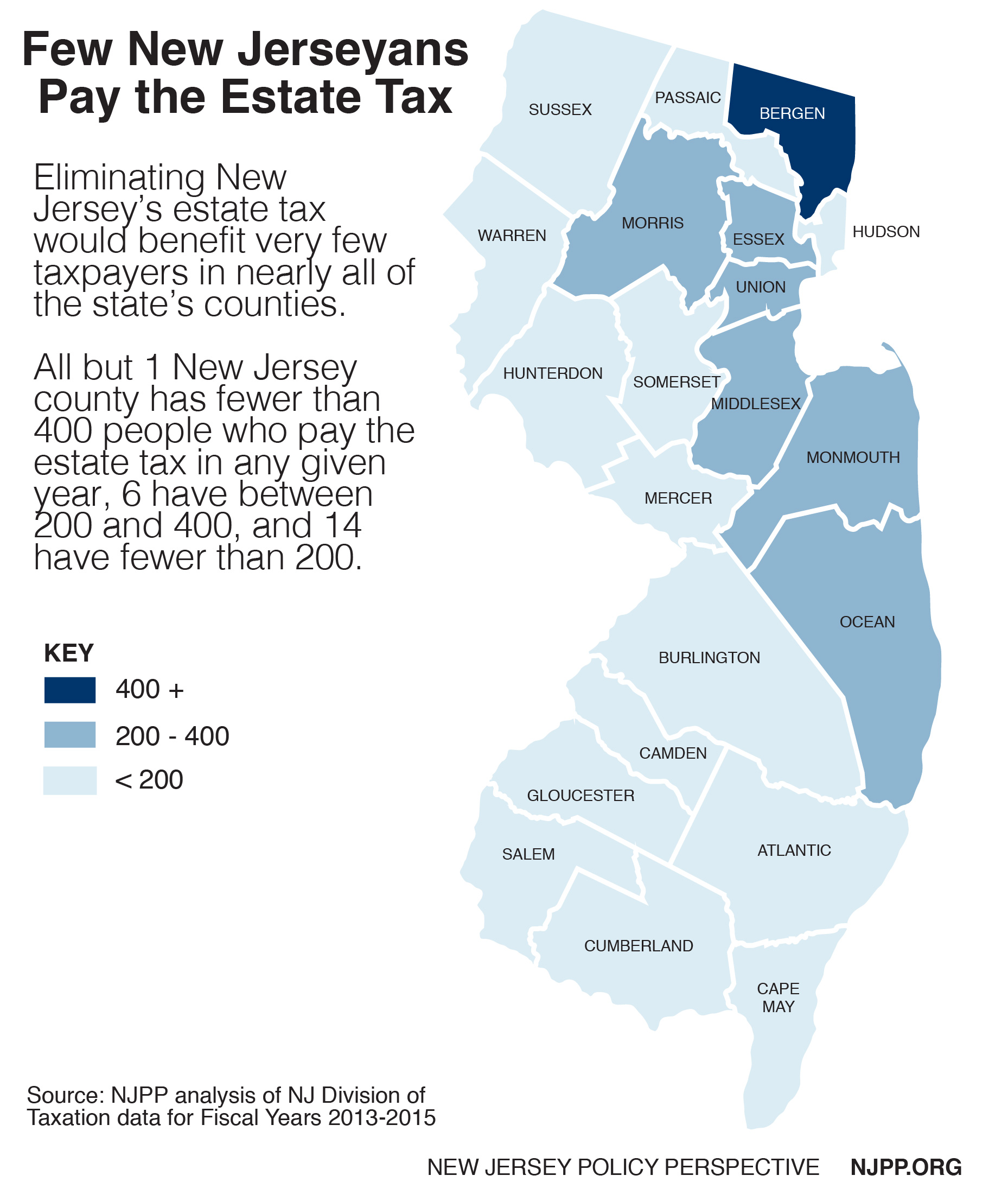The Importance of Research and Preparation Buying real estate is a significant investment and...
Understanding NJ Property Taxes: The Basics When it comes to owning property in New...
Experience the Epitome of Luxury with Alejandro Granados Unveiling the Glamorous World of Alejandro...
The Allure of Mid Century Modern Architecture When it comes to real estate in...
Lake of the Ozarks Luxury Real Estate Experience Unparalleled Luxury at Lake of the...
British Columbia Luxury Real Estate Experience the Epitome of Elegance with British Columbia Luxury...
Why is Branding Important for Real Estate Agents? As a real estate agent, your...
The Allure of Luxury Real Estate When it comes to the world of real...
Unveiling the Secrets: Inside the Modern Real Estate Practice 20th Edition Answer Key Discover...
The Evolution of Real Estate Practice: From Traditional to Modern In the fast-paced world...









